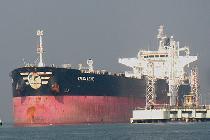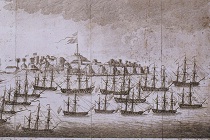India-Italy: resolving the rumpus
Bilateral relations between India and Italy grew increasingly tense following Italy’s refusal to return two of their Marines – who are accused of killing two Indian fishermen. Given how both countries otherwise enjoy warm relations, how should New Delhi address this diplomatic debacle?









